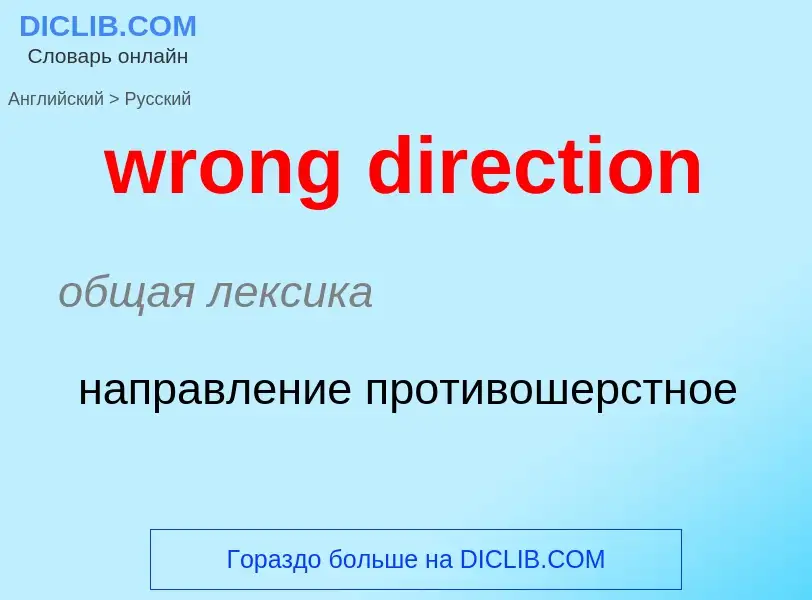Traduction et analyse de mots par intelligence artificielle ChatGPT
Sur cette page, vous pouvez obtenir une analyse détaillée d'un mot ou d'une phrase, réalisée à l'aide de la meilleure technologie d'intelligence artificielle à ce jour:
- comment le mot est utilisé
- fréquence d'utilisation
- il est utilisé plus souvent dans le discours oral ou écrit
- options de traduction de mots
- exemples d'utilisation (plusieurs phrases avec traduction)
- étymologie
wrong direction - traduction vers russe
общая лексика
направление противошерстное
Définition
Wikipédia
The phrase "correlation does not imply causation" refers to the inability to legitimately deduce a cause-and-effect relationship between two events or variables solely on the basis of an observed association or correlation between them. The idea that "correlation implies causation" is an example of a questionable-cause logical fallacy, in which two events occurring together are taken to have established a cause-and-effect relationship. This fallacy is also known by the Latin phrase cum hoc ergo propter hoc ('with this, therefore because of this'). This differs from the fallacy known as post hoc ergo propter hoc ("after this, therefore because of this"), in which an event following another is seen as a necessary consequence of the former event, and from conflation, the errant merging of two events, ideas, databases, etc., into one.
As with any logical fallacy, identifying that the reasoning behind an argument is flawed does not necessarily imply that the resulting conclusion is false. Statistical methods have been proposed that use correlation as the basis for hypothesis tests for causality, including the Granger causality test and convergent cross mapping.


